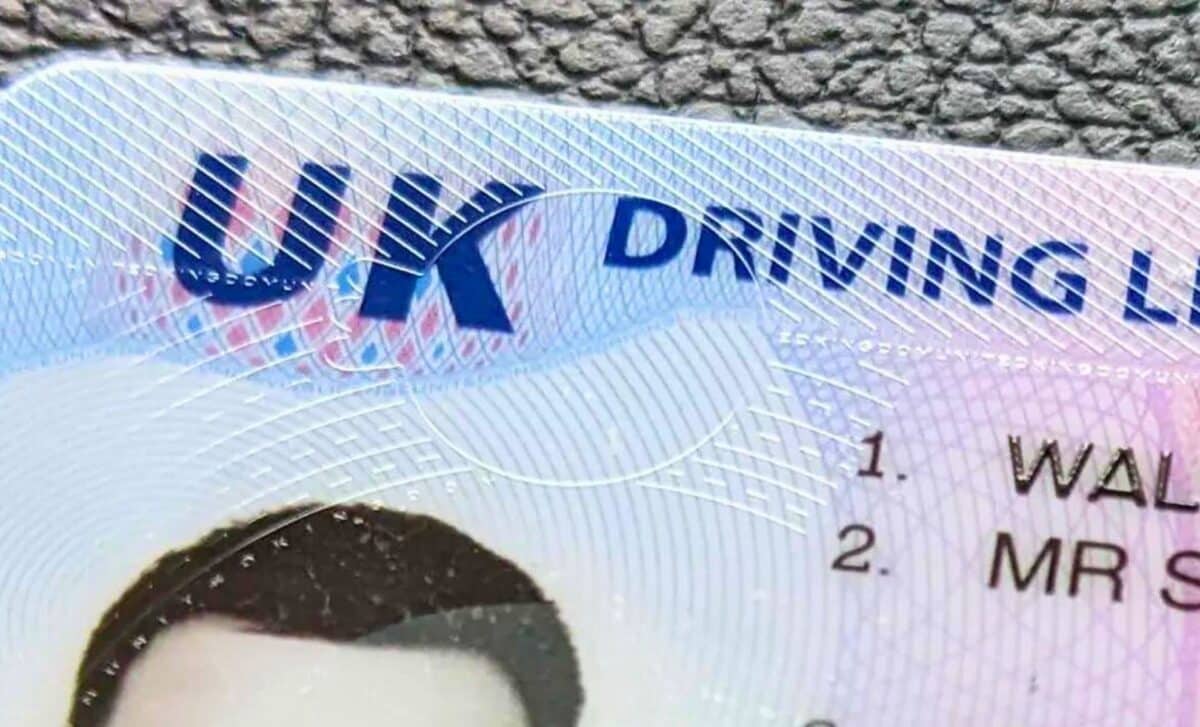The Driver and Vehicle Licensing Agency (DVLA) recently included new language to its “assessing fitness to drive” guide which will shock many if not all. When it comes to various medical conditions, such updates can serve as a deciding factor in either retaining one’s driving licence or getting disqualified from driving altogether.
Have a Medical Condition? Your Licence Could Be at Risk!
If you are a driver, and you are subject to a medical condition or a disability which falls into the category of ‘notifiable’ then the faith has to be done by informing the DVLA at this point in time. This is not merely a recommendation—there are laws to that effect. If recently diagnosed with diabetes, epilepsy, sleep apnoea, or a heart condition or if any of the ailments have aggravated and something has to be done about the DVLA and ahold proper information to other people.
Neglecting this could result in a fine of up to one thousand pounds or worse prosecution as a result of evidence leading to an accident that resulted from the condition.
New Conditions, New DVLA Rules: What’s changing?
All of these documents now must comply with the rules on compliancy the more precise the disease standard is, polish emphasis. Some major revisions concern the definition of transient focal neurological episodes related to cerebral amyloid angiopathy. In addition, the agency has revised the standards on carotid artery stenosis that will determine your eligibility to hold your licence.
There is also a pertinent remark with respect to the cases wherein there is isolated subdural haematoma but no traumatic brain injury. The DVLA has now imposed a minimum of 6 months off driving.
For those who have suffered a non-aneurysmal subarachnoid haemorrhage—a potentially life-threatening condition—the rules are clear: you must stop driving immediately and notify the DVLA. Resuming your driving privileges is only possible after receiving clinical confirmation of recovery.
In comparison to other professionals, bus and lorry drivers are specifically discriminated against since they have stricter rules on relicensing and other additional procedures such as comprehensive imaging done of the cerebrovascular system in the absence of an aneurysm.
Changes in Terminology and Alcohol Use Guidelines
The DVLA is not only changing the requirements, but it is also changing the language. “Behaviour disorders—including post-head injury, dissociative seizures” is no longer acceptable and has been replaced with the term, ‘behavioural disturbances – including post-head injury.’
Controlled drinking is hitherto to mean utilization of substances in a dangerous way, abstinence from liquors together with other harmful chemicals. These days it is defined as drinking alcohol, as a clinician, would consider moderate enough not to affect occupational, social, or individual functions.
Obligatory reporting of alcohol misuse is provided, and particular attention is paid to evaluating how drunk a driver has to be to have their licence revoked for more than six months for cars and motorbikes. But bus and lorry drivers have it even tougher, facing a one-year period after which their licence can be reconsidered.
For more details on how these changes may impact you, or to obtain the appropriate forms, please visit the GOV.UK website.









